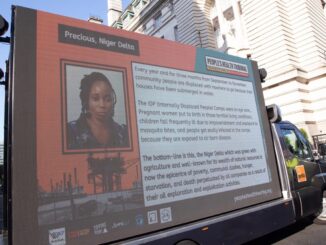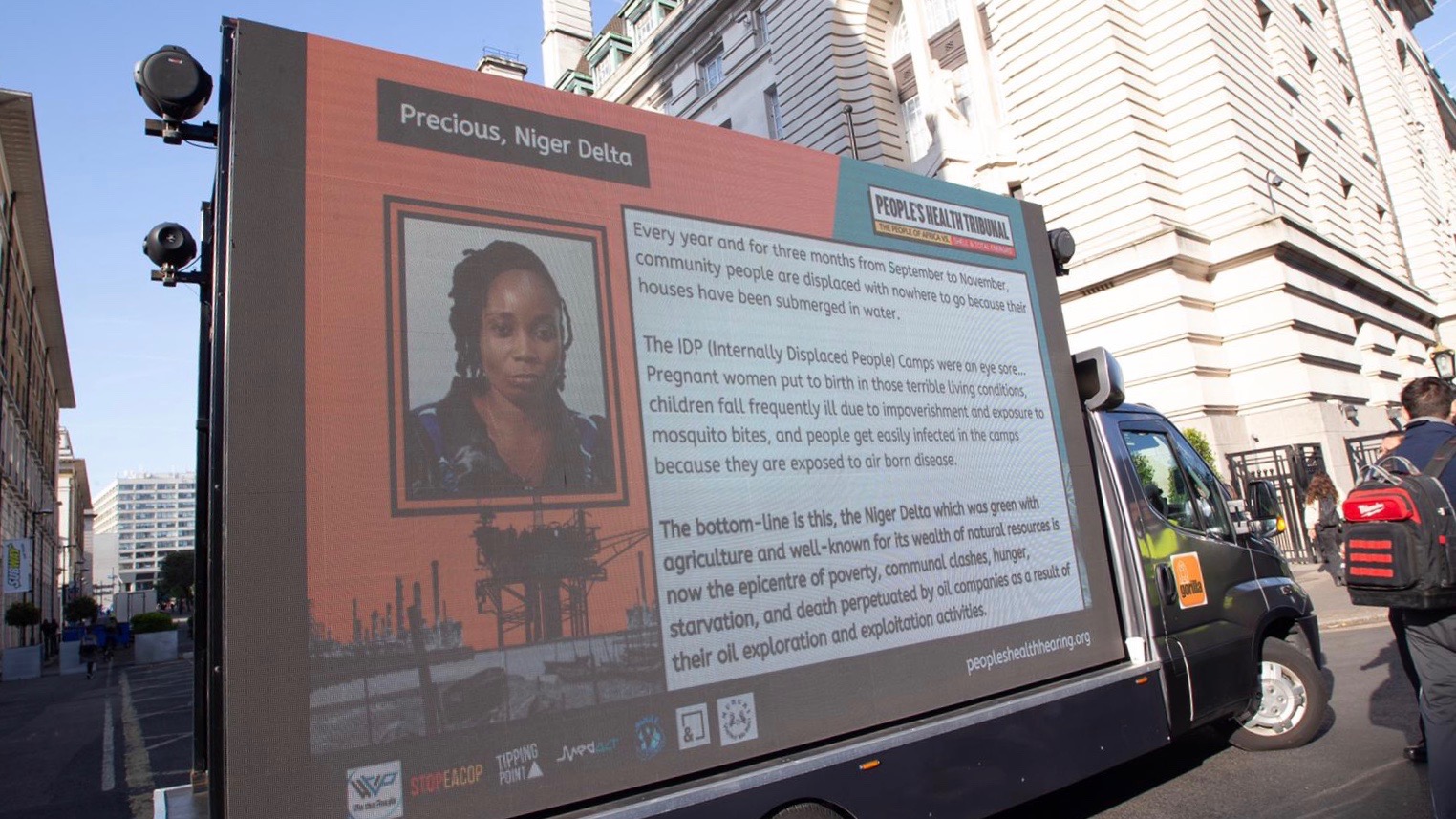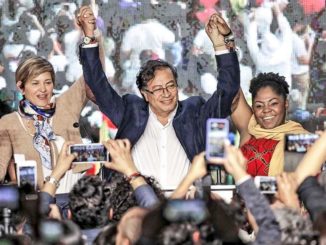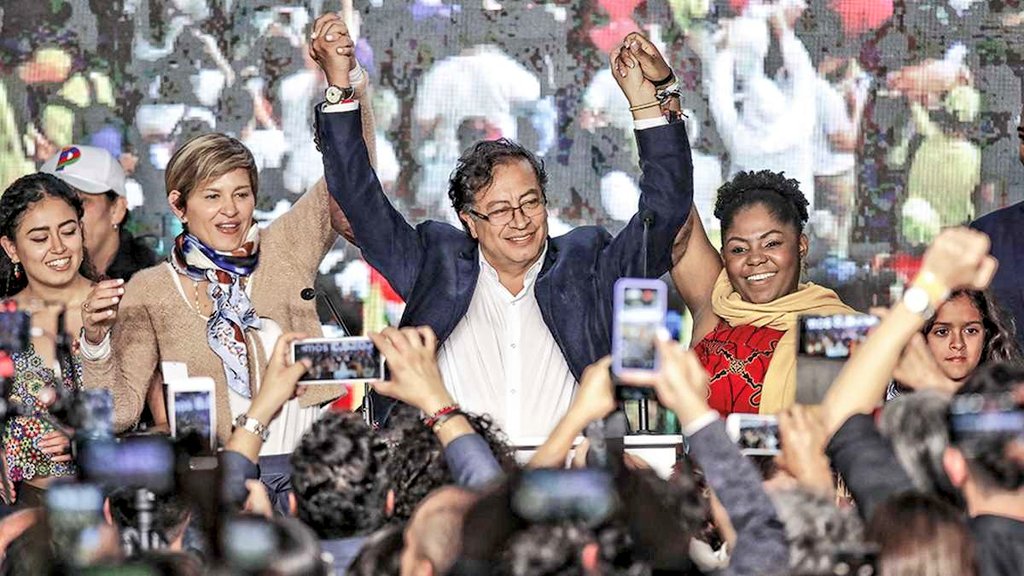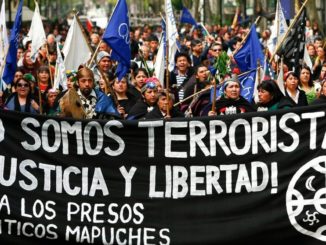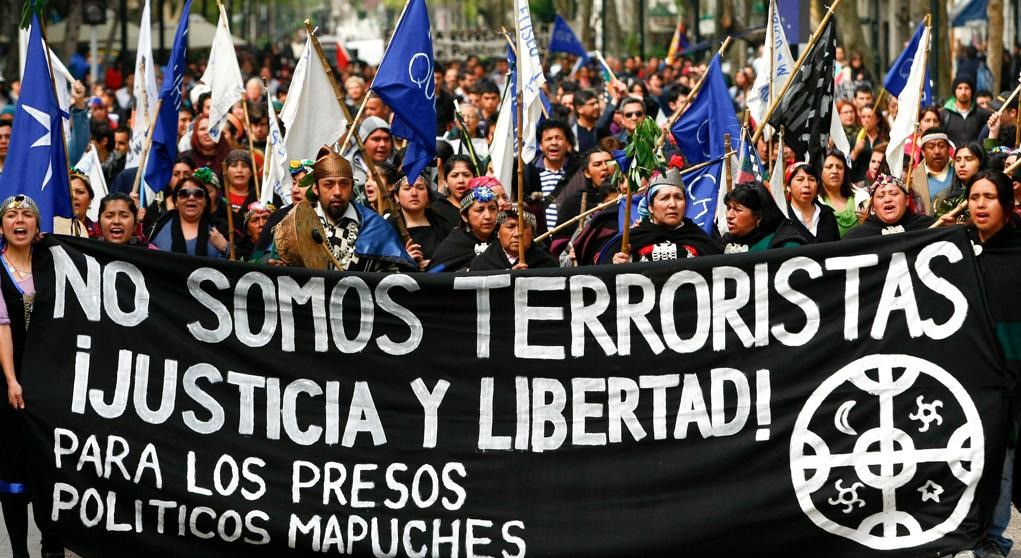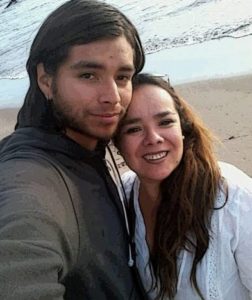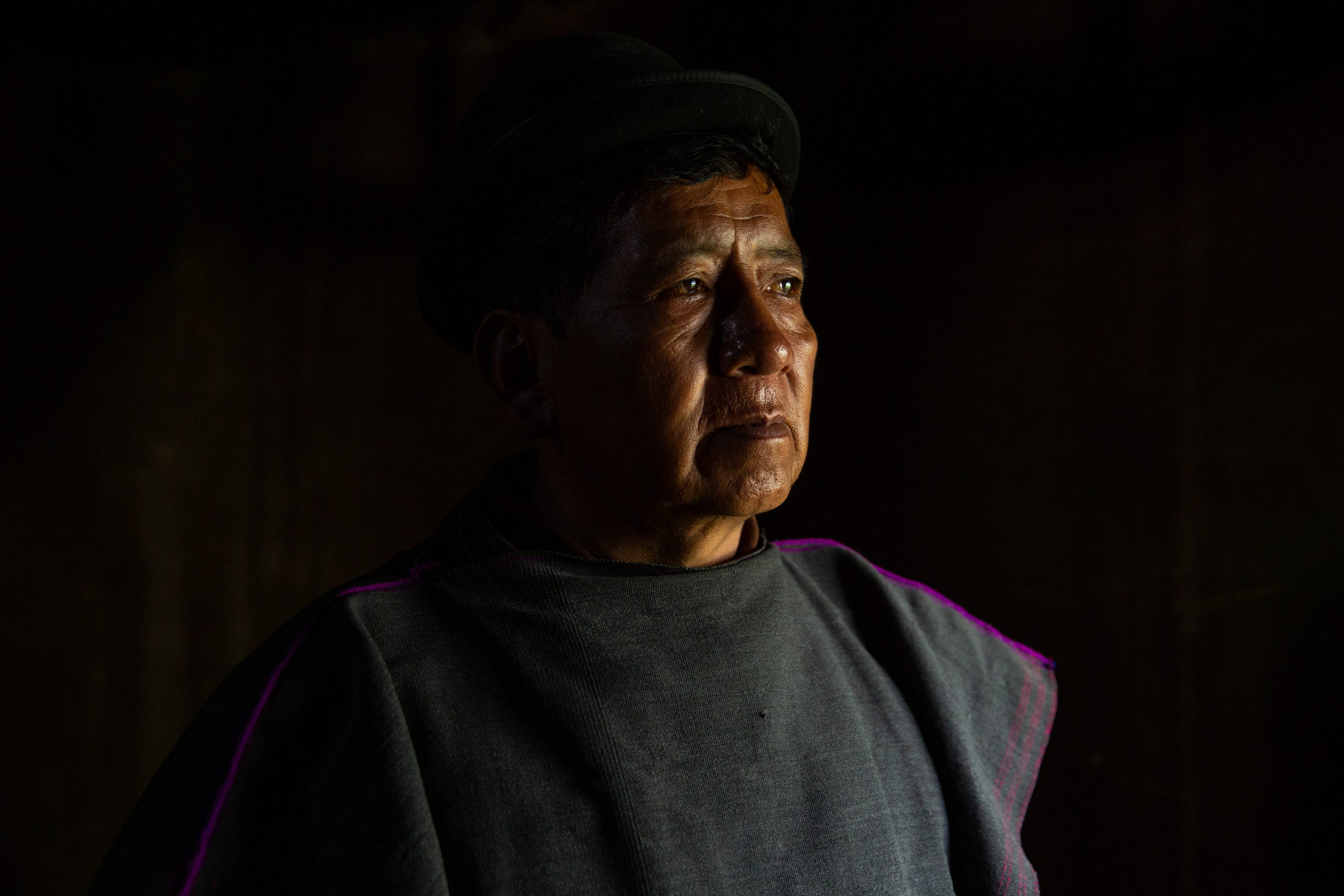
BOGOTÁ, Colombia—The center of this South American capital city filled out on August 6 with Indigenous peoples, Afro-Colombians and peasants dressed in traditional attire to carry out the spiritual inauguration of recently elected President Gustavo Petro. The event took place a day before the official inauguration and was accompanied by rituals, songs and speeches.
For the first time in decades, fear does not reign among the vulnerable and historically abandoned sections of society. Representatives of these groups saluted the president during the inauguration.
“Certainly, the only possible path to real transformation in the country will be achieved with articulated and respectful work between governmental bodies and our own forms of government,” said human-rights defender Marcela Londoño, while reading the popular mandate the collective handed to Petro.
The Indigenous and Afro-Colombian communities that campaigned in favor of center-left former militant Petro and the first Afro-Colombian woman vice-president, Francia Márquez, helped the pair win up to 99 percent of votes in some regions. Now, these oppressed communities see Petro’s proposal to reform healthcare—among other aspects of Colombian society—as aligning with their culture as well as their spiritual understanding.
“[Under the current system], health is seen as a business that does not value life,” said Mama Luz Dary Aranda, governor of the Guambia reservation in the Cauca department, in an interview with this reporter. “The proposal presented by Petro is the opposite.”
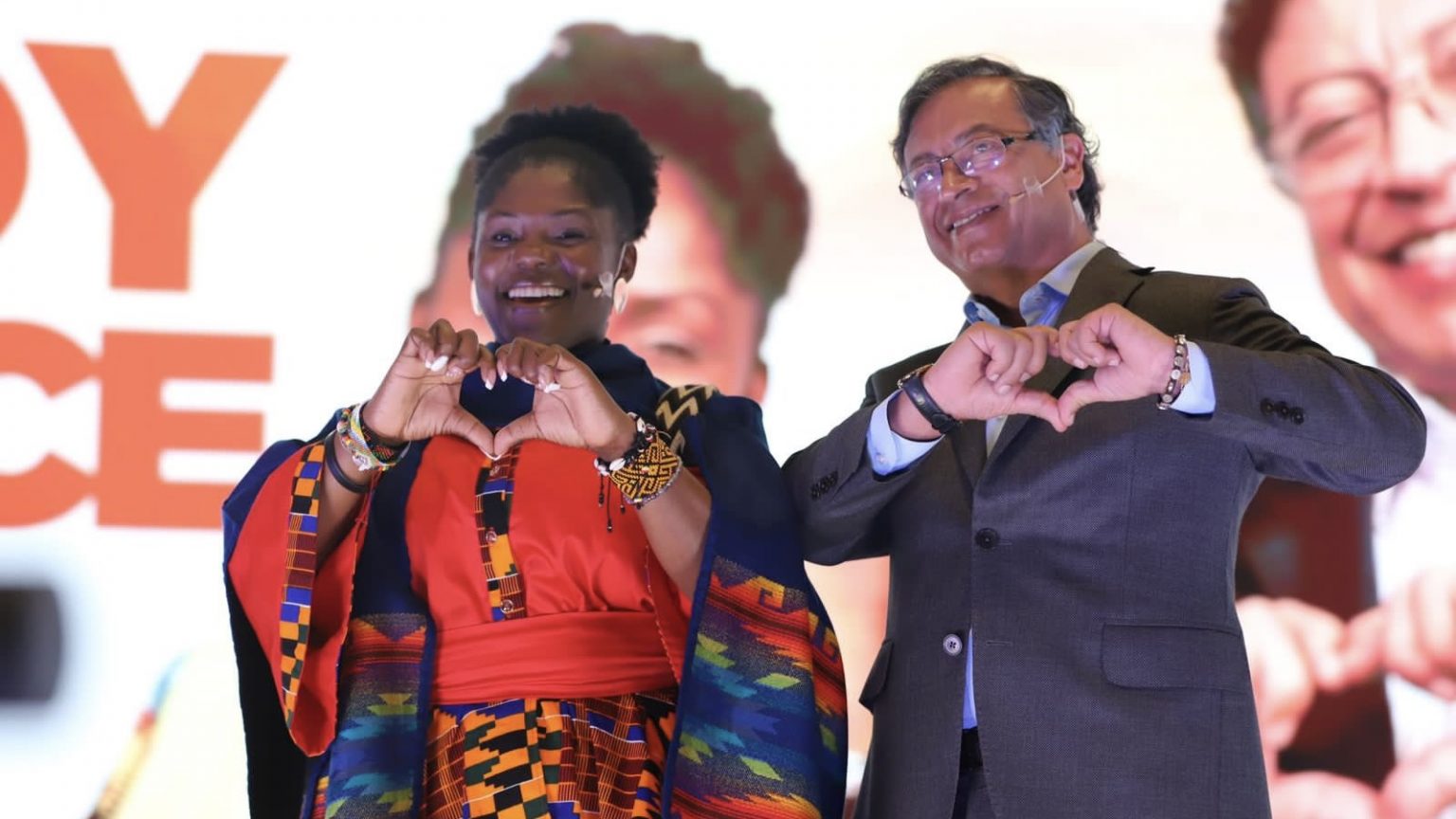
‘Health for Life and Not for Business’
Petro’s campaign promoted the slogan, “health for life and not for business,” advocating a reformed healthcare system based on the principles of prevention, participation, decentralization and an intercultural approach. Part of the proposed solution would involve creating a National Health Council, with the participation of civil society including, academics, healthcare workers, patients, peasants, and Indigenous and Afro-Colombian peoples. Other proposals include ending EPSs (Empresas Prestadoras de Servicios or intermediary health providers); improving scientific investigation and technological development; investing in education; and fighting climate change, among others.
During the first healthcare meeting between Indigenous peoples and the Ministry of Health that took place on September 7, Minister Carolina Corcho ratified the compromise of working with the communities to develop the healthcare reform and announced future visits to continue the dialogue.
“The political will by the government of Gustavo Petro—and today more specifically by the Ministry—is very important for this [Indigenous health] system to become a reality,” said Polivio Rosales, senator of the Indigenous Authorities Movement political party.
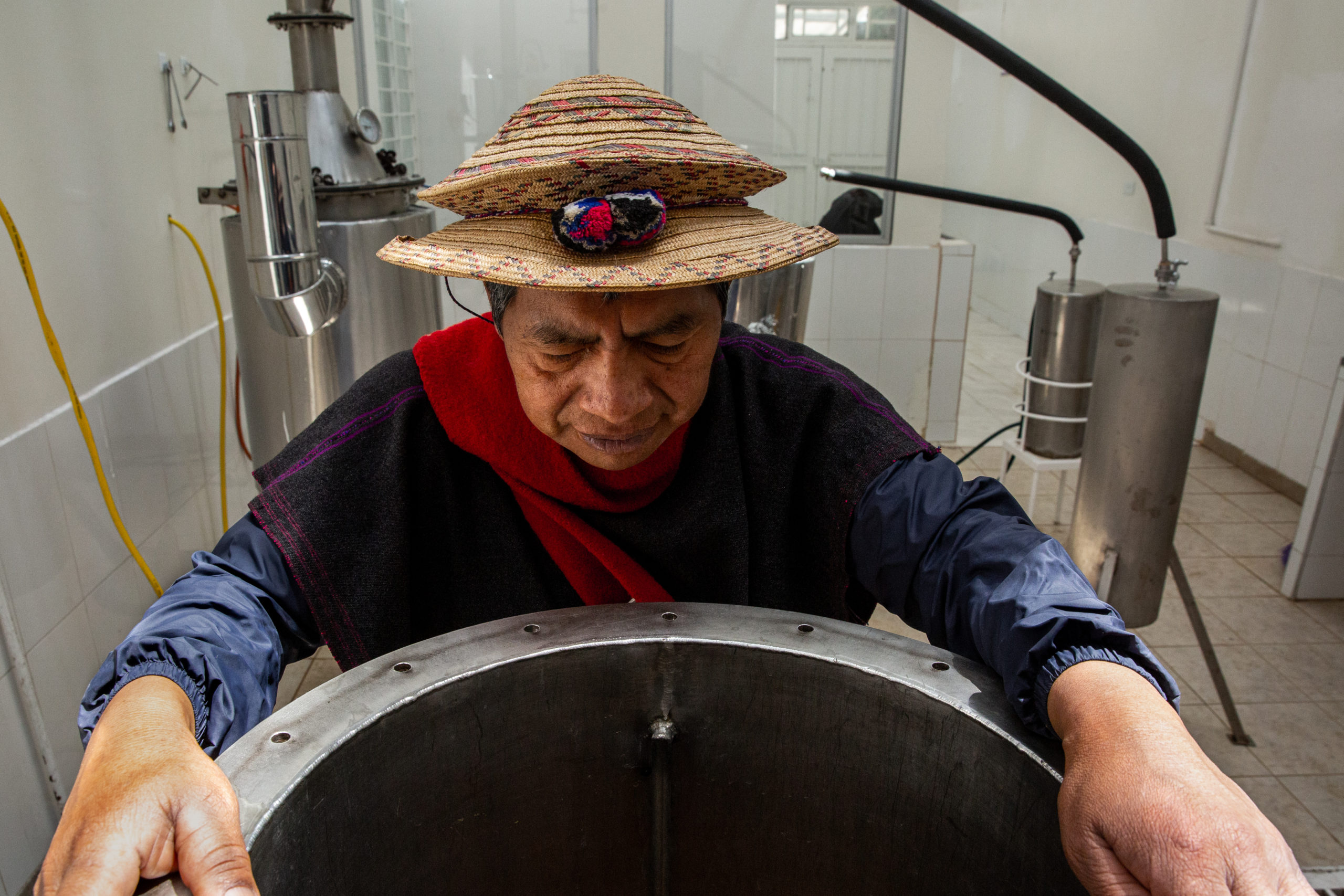
Incorporating Indigenous Practices
Petro’s program could contribute to complying with the Pan American Health Organization (PAHO) recommendation that health policies and programs should recognize and include traditional practices, such as medicine, to ensure the participation of the populations involved, as well as take into account respect for human rights, an intercultural approach, and gender equality.
After modernizing medicinal production and engaging government officials—among other actions—the Indigenous and Intercultural Health System (IIHS) was founded in 2014. Yet, such advances have been unequally implemented.
“Within the state’s policies, the Indigenous wisdom of health automatically becomes only an ancestral practice or a belief,” said Mama Ximena Hurtado, director of the Mama Dominga Hospital and health program coordinator on the Indigenous reservation of Guambia in the Cauca department. The title, “Mama,” is given to a woman who holds or has held a position within the Misak government. “Those words minimize our own science, and create a disadvantage and a barrier.”
In the days before and after Petro’s inauguration, he and a delegation of ministers held regional summits. The administration has prioritized historically abandoned regions, such as the Pacific, the Amazon and the island of San Andrés in the Caribbean Sea, where inequality as well as poor access to healthcare and education reign. Indigenous and Afro-Colombian peoples have participated in these summits.
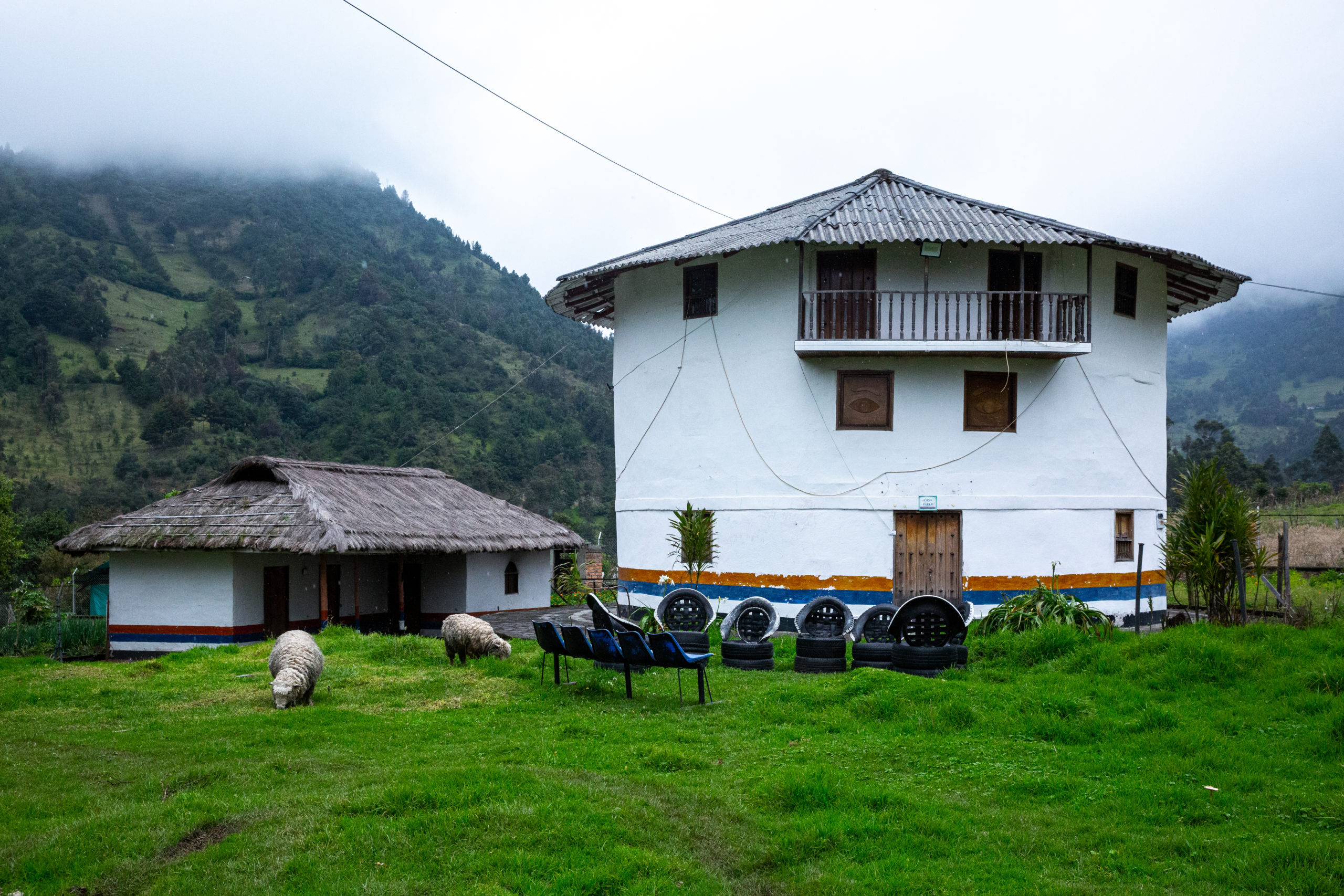
Misak People Develop a Healthcare Model
Most Misak—around 21,000 people or 1.5 percent of the Colombian population—live on the Guambia reservation. It is located in the steep southwestern mountains of the Cauca region, a rich ecosystem characterized by moors, or high-altitude grasslands. This community has been leading nationally in developing a healthcare model, as well as in the recovery of traditional practices.
In the 1980s and 1990s, the Misak community began taking back ancestral territories through occupation and, later, by negotiating with the government. Within this land, they have set up the House of Medicine Sierra Morena and the Mama Dominga Hospital. The Payan House of Memory, a three-story building constructed according to Misak traditional architectural practices, preserves their history and knowledge.
“This generation has had the opportunity to receive both types of knowledge: The Western and the one taught here by the ‘shures’ and the ‘shuras’ (traditional doctors), which are transmitted from generation to generation and based on the knowledge about plants,” explained Floresmiro Calambas, in charge of the laboratory in the House of Medicine Sierra Morena.
Within the House of Medicine, the community has set up a medicinal garden with more than 200 species of plants that are processed in the laboratory to be distributed in the community. Misak people affiliated with the healthcare system can acquire natural medicines free of charge. Other services include midwifery, physiotherapy and care from a traditional doctor.
The Misak community also manages Mama Dominga Hospital, where locals can access basic health services.
“Many of our Indigenous people do not like to leave the territory for fear of how they will be treated or because they do not speak the language,” Mama Ximena said.
The availability of a healthcare model within the Misak territory guarantees wider coverage in the community, closing the healthcare gap other rural Indigenous and Afro-Colombian peoples have experienced.
Aranda argues respecting traditional knowledge while deploying Western practices, when necessary, is essential.
“Sometimes the national healthcare system wants to impose their institutional practices on us,” she said.
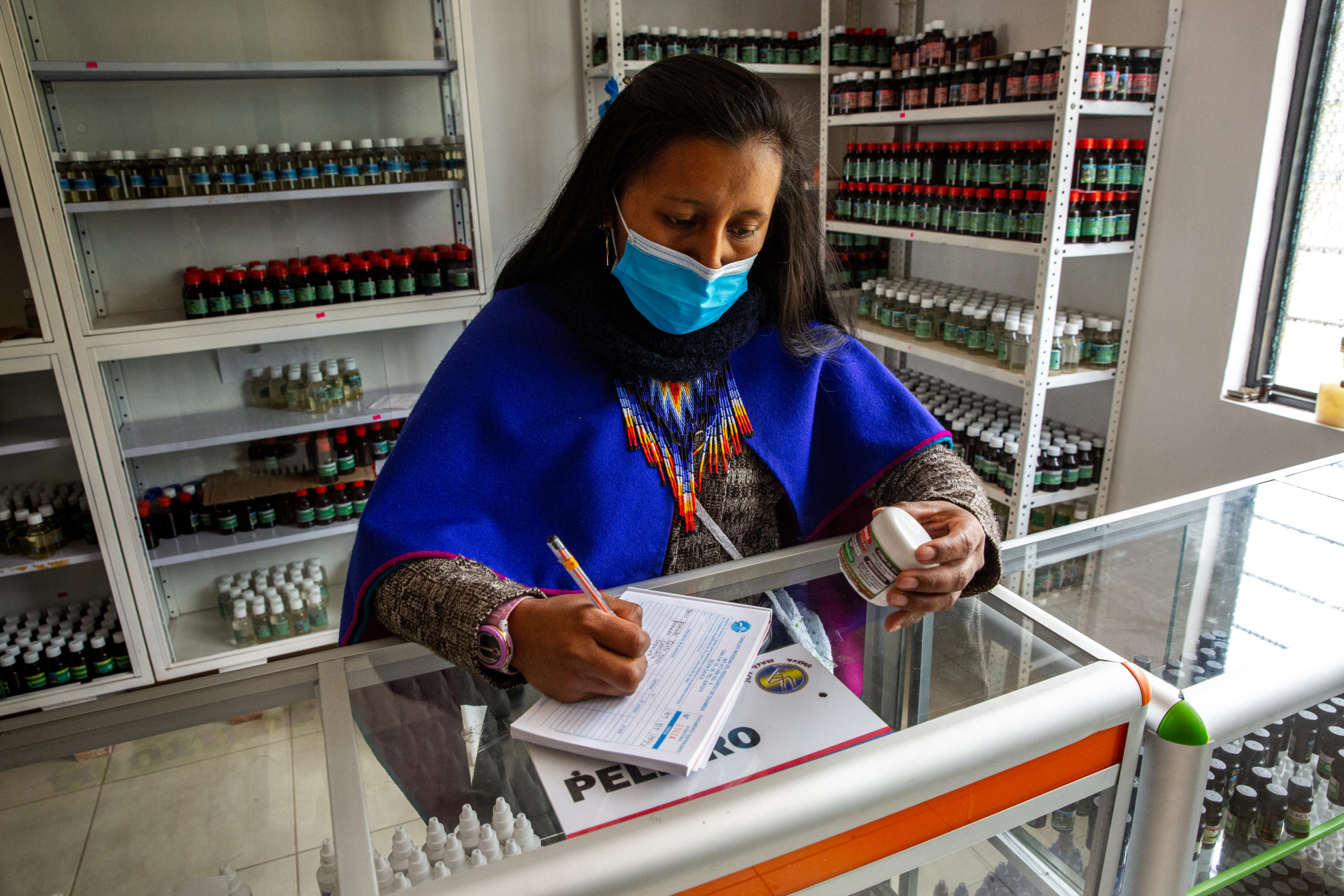
‘The Transition Will Be Difficult and We Understand It’
“As Indigenous Peoples, we see health as a whole,” said Alberto Mendoza, delegate of the Wayuu people, after the September 7 meeting. “For that reason, the lack of water or the consumption of low-quality water, as well as the absence of sustainability, impact the health of individuals, families and communities.”
During the Pacific region summit, Petro announced Márquez will facilitate regional equality. He committed to designating the first social expenditure to this region as it is the most unequal. Multidimensional poverty in the Pacific region—which takes into account access to health, education and employment—increased from 26 percent to 31 percent between 2019 and 2020.
Petro recognized during his inauguration speech that the government needs to secure resources to implement social reforms.
Congress members like Gustavo Bolivar recently have denounced the poor state of finances left by the previous president, Iván Duque. According to a report presented by the government transition team, the healthcare system has a budget deficit of 6.4 billion pesos (about $1.4 million) for 2022 and 4.6 billion (about $1 million) for 2023.
A tax reform has already been presented in congress that is expected to raise about 25 billion pesos ($5.76 million) over the next year to help execute social programs. The reform includes increasing personal income taxes for the top 2 percent, who earn more than 10 million pesos monthly (around $2,300). Fossil-fuel exports and sugar-based products also will be taxed. The latter tax is designed to reduce health problems associated with sugar consumption.
Aranda recognizes Petro’s proposal will take time.
“The transition will be difficult and we understand it,” she said. “But this is when new proposals will be needed and we believe we will be heard to present our proposals on Indigenous healthcare.”
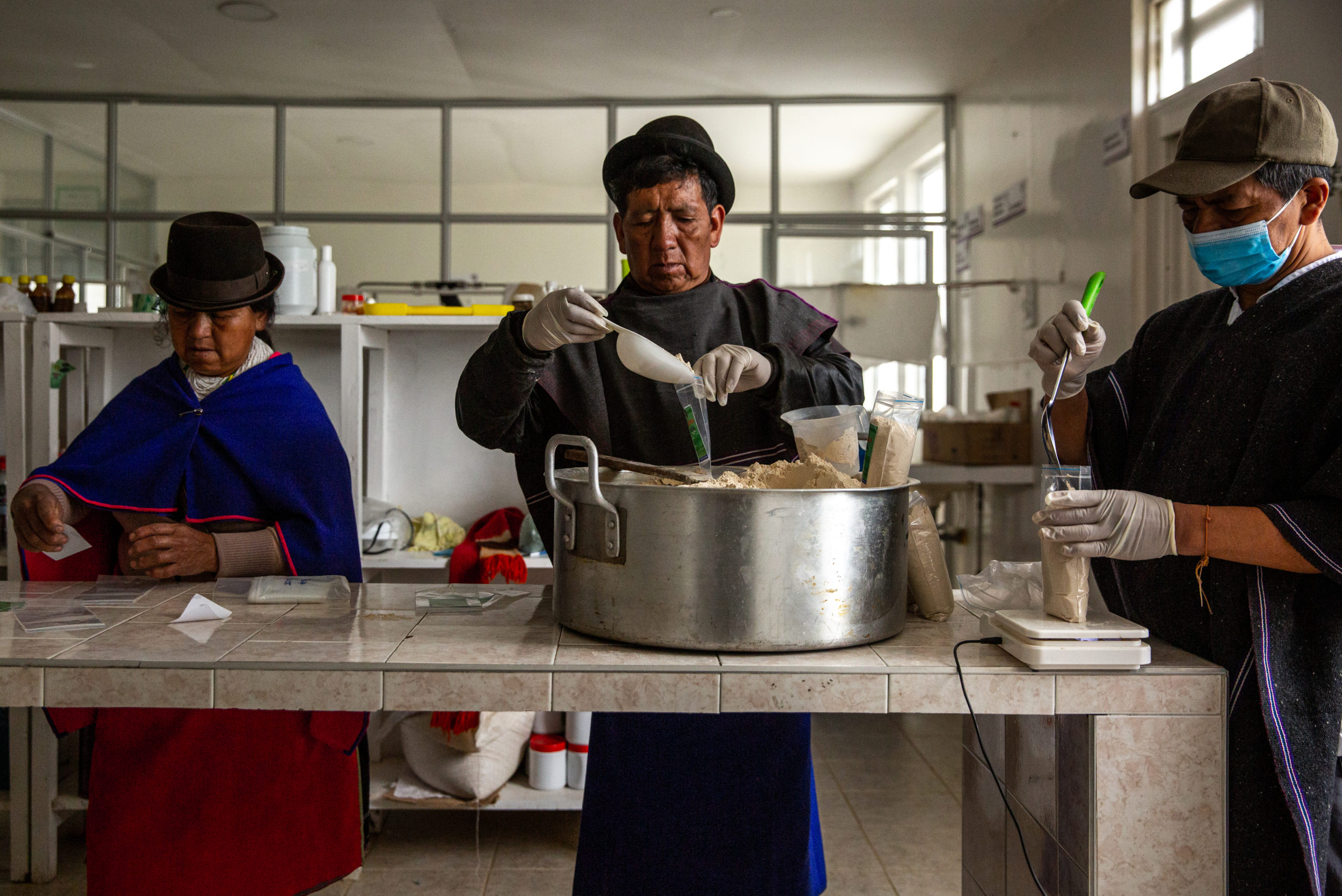
‘Food As Healthcare’
Indigenous communities understand health goes beyond the absence of an illness. To them, health is linked to the environment, their territory, agricultural practice and nature in general. A relationship that, according to Mama Ximena, previous governments have not understood.
“For us, for instance, food and food production are part of healthcare and, therefore, should be financed,” she said. “But [the Health Ministry] sees it as a responsibility of the Ministry of Agriculture.”
Petro’s health reform proposal, as well as a wide range of policies that address education, drinking water, the environment and climate change, align with the cosmovision (understanding of life) of Indigenous communities.
“It looks at how health can become a right,” Aranda said, “so that we all can live with dignity.”
Natalia Torres Garzon graduated with an M.Sc. in Globalization and Development from the School of Oriental and African Studies in London, United Kingdom. She is a freelance journalist who focuses on social and political issues in Latin America, especially in connection to Indigenous communities, women and the environment. With photographer Antonio Cascio, she founded the radio-photography program, Radio Rodando. Her work has been published in the section Planeta Futuro from El País, New Internationalist and Earth Island.

